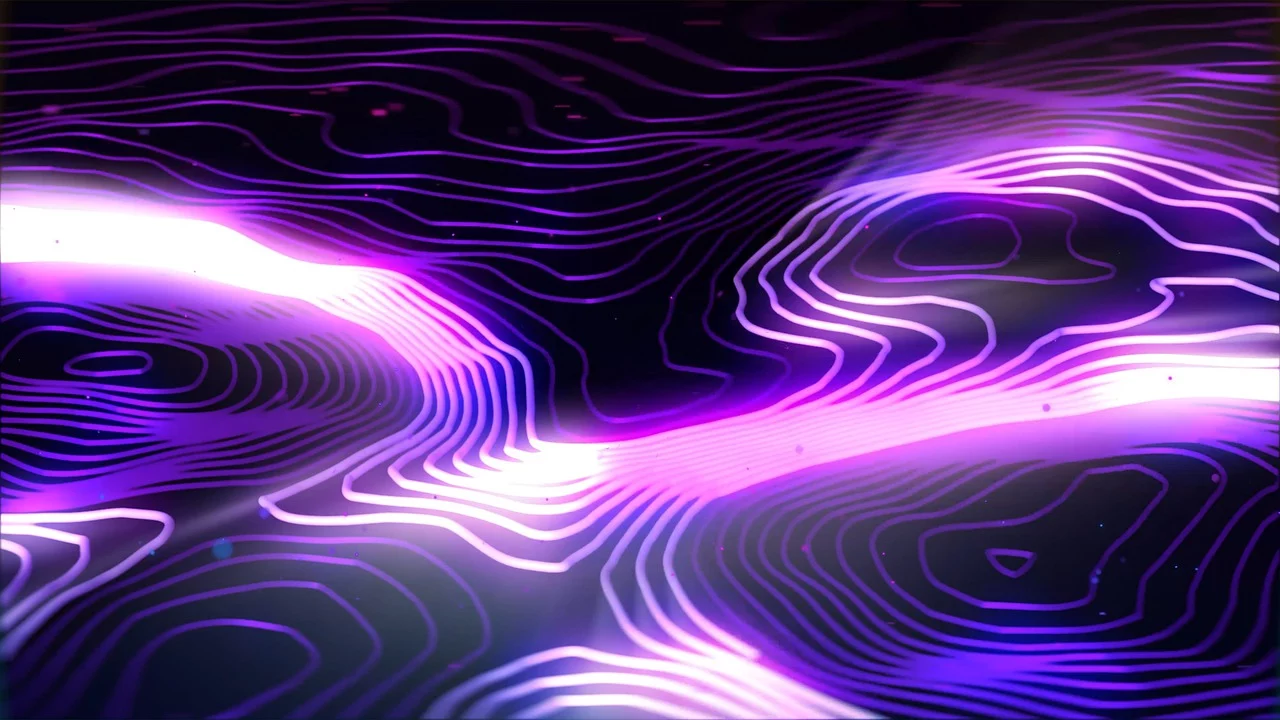Communication with the non-scientific community
When I was in film school, I remember one class being asked “Why do we make films?” and hearing many different responses. Some students believed that we make a film for ourselves. That is, writers write scripts for themselves, directors direct films for themselves, editors edit films for themselves. And the thought was, that somehow all of the hundreds of people who work on a film gain the same (or similar) vision and are therefore able to make a quality product.
“But what about the audience?” my film professor asked. Many of the students in the class were baffled. They had never thought about important it was to effectively communicate their vision to the audience. It was almost as if they thought the vision would come together by sheer coincidence.
To me, the most important part of doing science is communicating it to others. It’s important to communicate findings to other scientists in my field because this is the only way that the field can move forward. It’s important to communicate findings to scientists outside my field because I believe we can solve scientific problems through truly interdisciplinary research. Importantly, I think it’s incredibly important to communicate findings to those outside scientific research.
The uncertainty of science
“Science” is a loaded word. I’m often amused at the reactions I get when I tell people I’m a scientist. Some people assume I know it all, while others think I am a “know-it-all”. As all scientists know, neither of these things are true. Scientists live in a world where we NEVER know it all, and while some scientists may come across like they know everything, the truth is that what drives us is the fact that we don’t. Being a scientist means coming to grips with uncertainty.
The point of my own research is to gain a better understanding of patterns of Nature. I gain insights through experimentation and hope that those insights are enough to put together a puzzle that answers a question. In some ways, it’s like a mystery novel, just usually a lot less action-packed. But to me, it’s amazing and interesting.
[adinserter block=”2″]
Why is communicating so important?
Science is the pursuit of trying to understand the universe. We all share this universal space, and I believe that any knowledge about its workings should be freely available. It’s my belief in science and in my advocacy that the experts have a duty to explain topics that they are expert in with non-experts. As a transgender person who has worked closely with the community to make policy changes, it is my duty to explain what life is like as a trans* person (from my personal perspective). As a scientist studying health disparities, it is my duty to share what I know about why the disparity exists (again, from the viewpoint of my findings and incorporating findings from others whose work I’ve read). I feel it is my duty to challenge those who I disagree with (e.g., flat-earthers) and attempt to compare evidence and experience. There are limits to the usefulness of this, but that topic warrants its own blog post.
Communicating also serves another, selfish purpose. Communicating our research and research in our field is an amazing way to force ourselves to think critically about it. Often, non-experts will ask the right “Why?” that really makes one stop and think.
Teaching the Process
The following tweet came across my dashboard recently:
Had to look something up in my PhD thesis and found this in the conclusion
Been saying this for THIRTY years 🙁 pic.twitter.com/ghdo2ACk1s
— Peter Broks (@peterbroks) May 23, 2017
The conversation that came from this was long, with lots of interesting insights, but there’s one that I want to focus on. Teaching the information is important, and that shouldn’t be minimized. But teaching the process, teaching to critically evaluate the world around us is even more important. I’m often amazed at what people are willing to just take as fact. I even catch myself doing this. It’s so much easier to just accept what you’re told and not have to worry about a million other possibilities. But if we just believe everything we are told, we really lose out on the amazing surprises that the world has to offer us.
I love living in a complex world and love finding out weird and interesting things about it. I’ve been lucky enough to have the tools available to be a scientist and give knowledge back to a community that has given me so much. But I take a personal responsibility – and wish all other scientists would – to make this information accessible and understandable to anyone who wishes to learn more.
[adinserter block=”2″]
Are you a scientist? How to you share your research? If you are a citizen scientist, what struggles do you find block your ability to do research? If you are a non-scientist, what are your favorite topics and where do you learn more about them?
If you like these posts, please consider signing up for my mailing list below. I will only e-mail you to let you know of new posts. Otherwise, you can follow my crazy life journey on Twitter, where I also post when I update.

